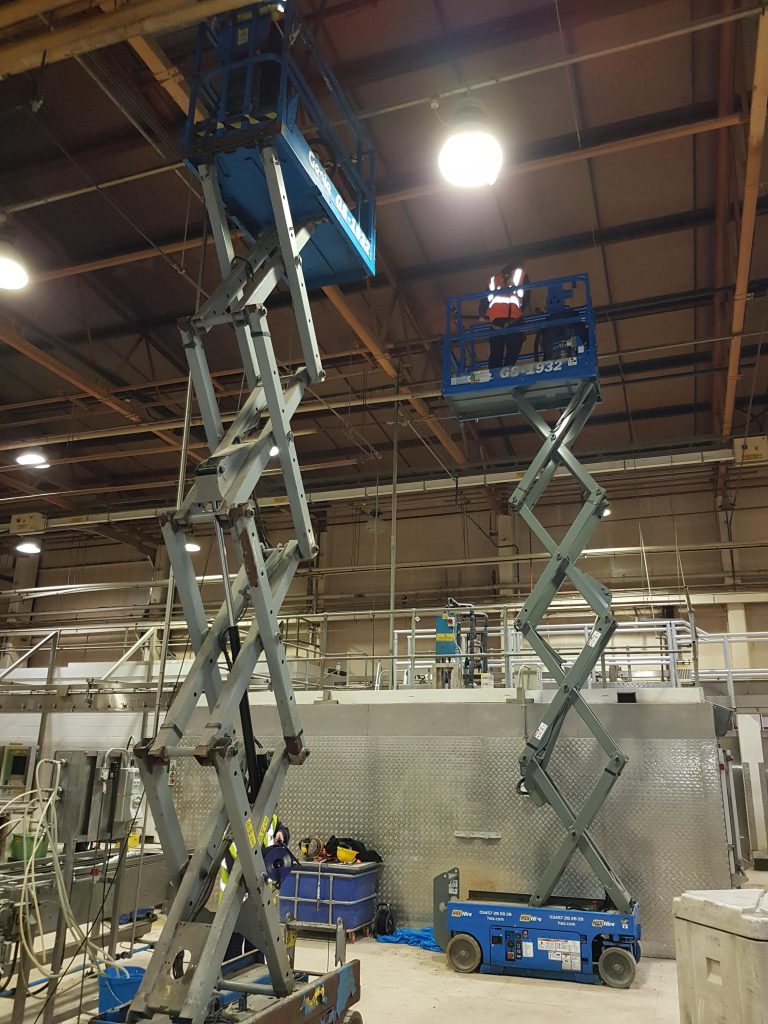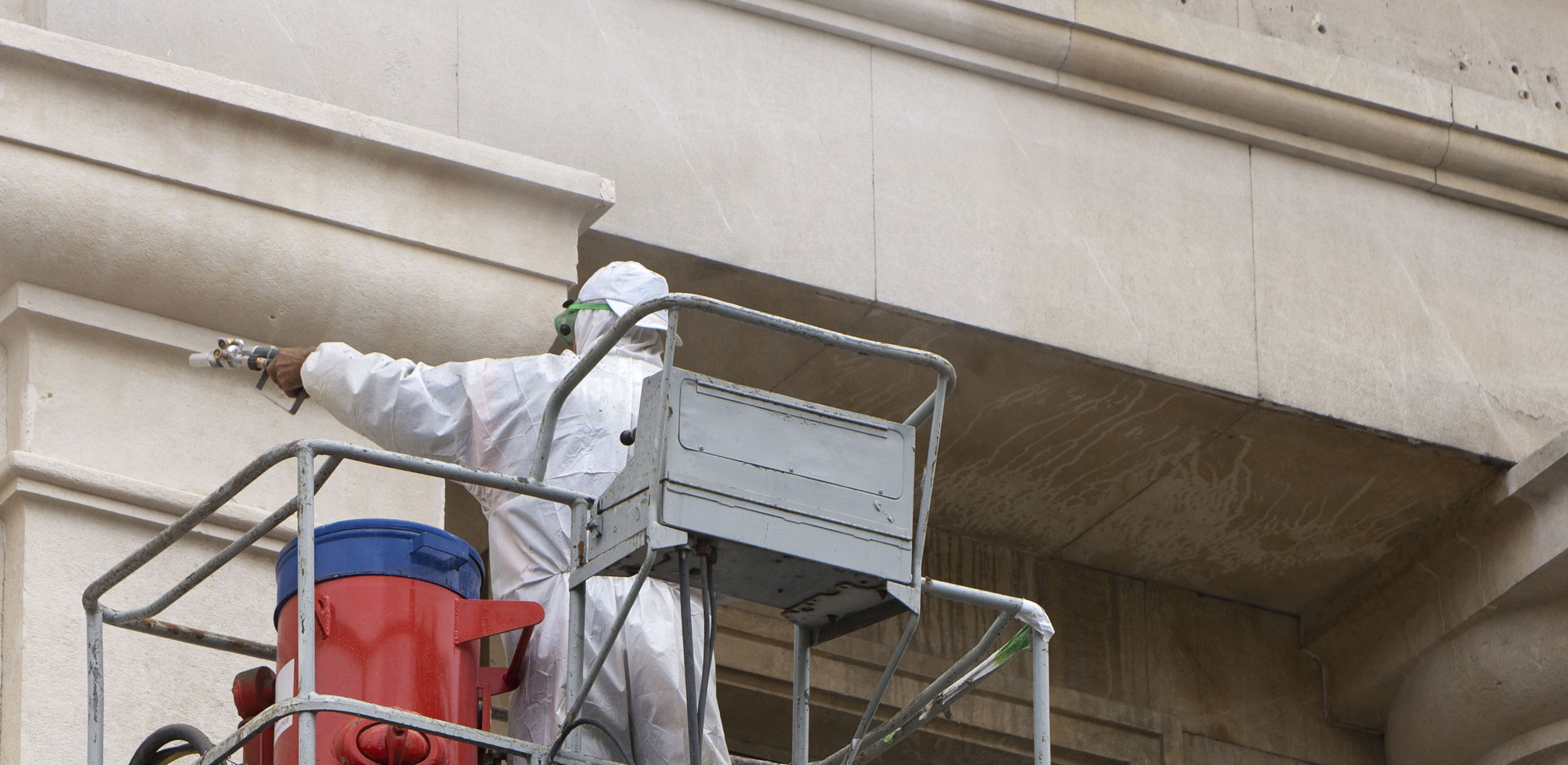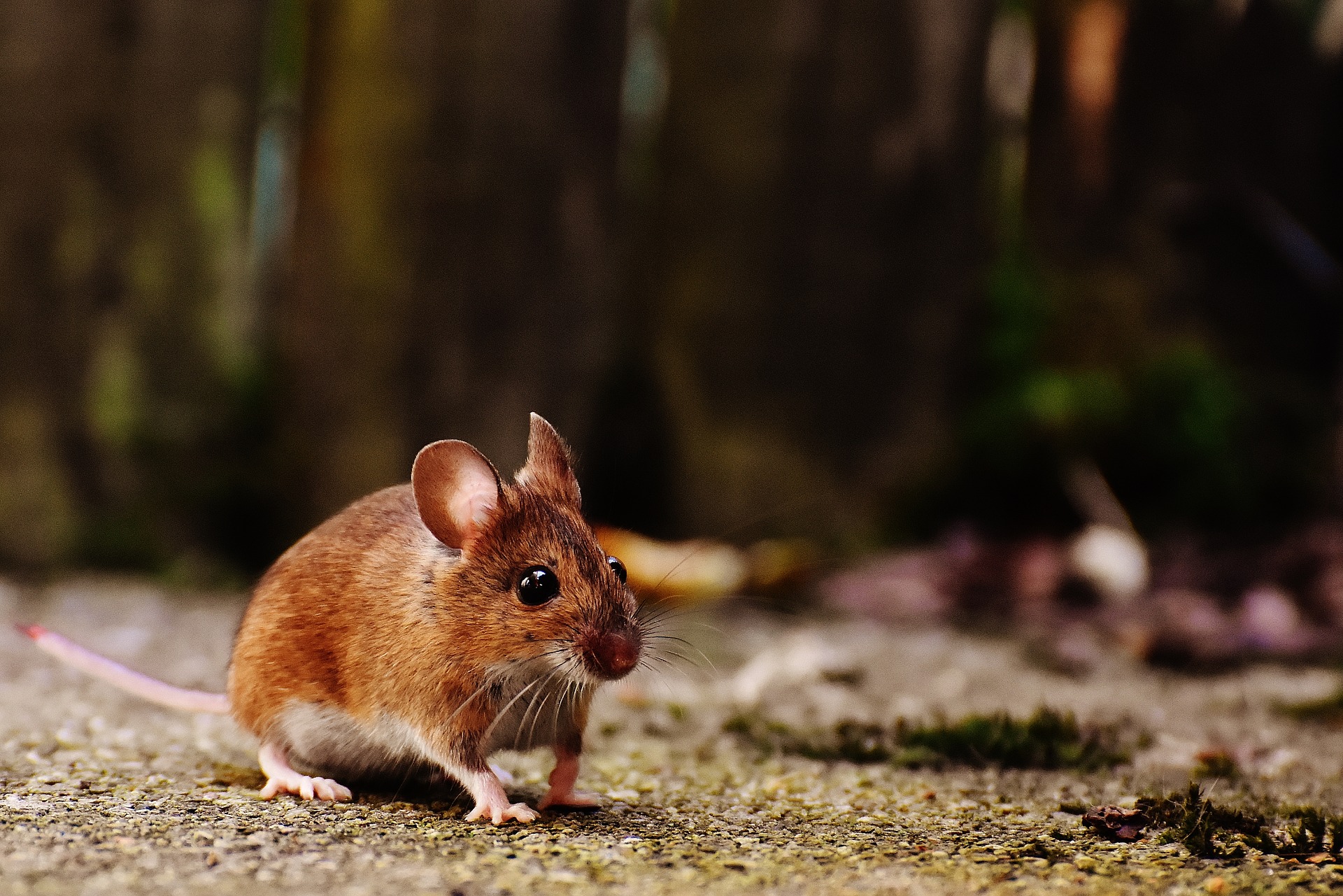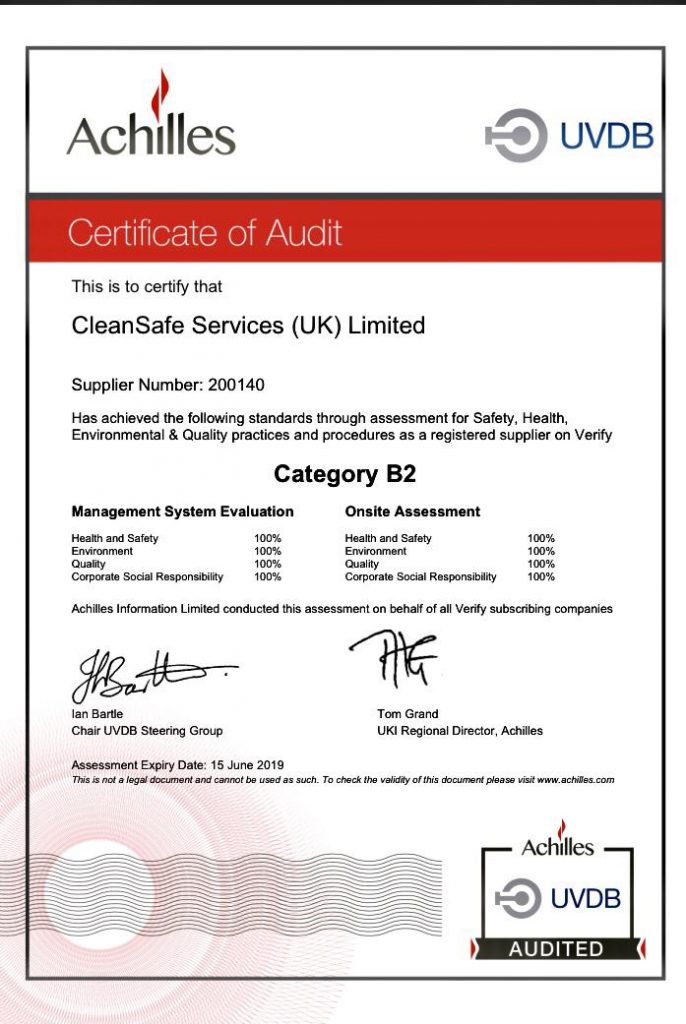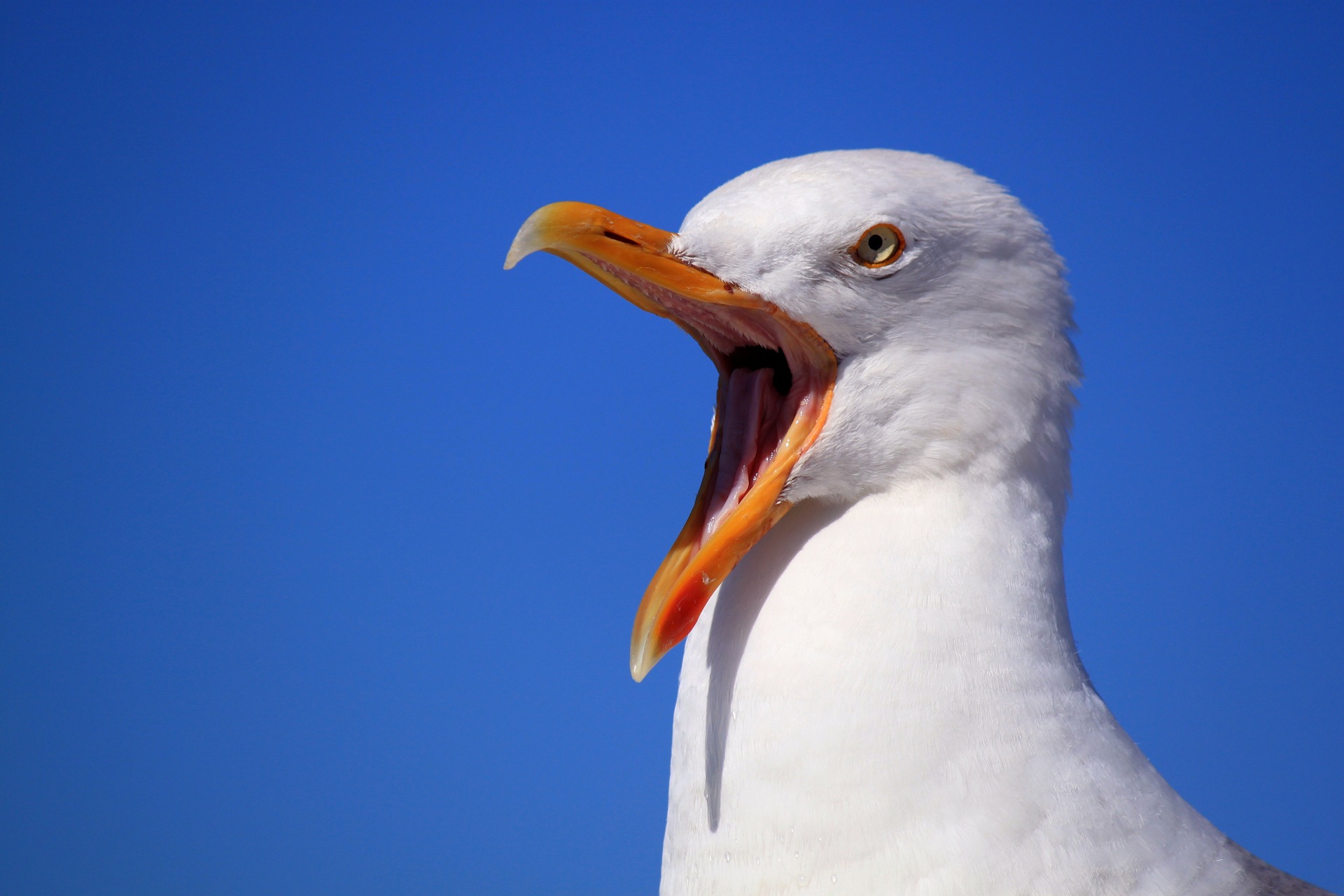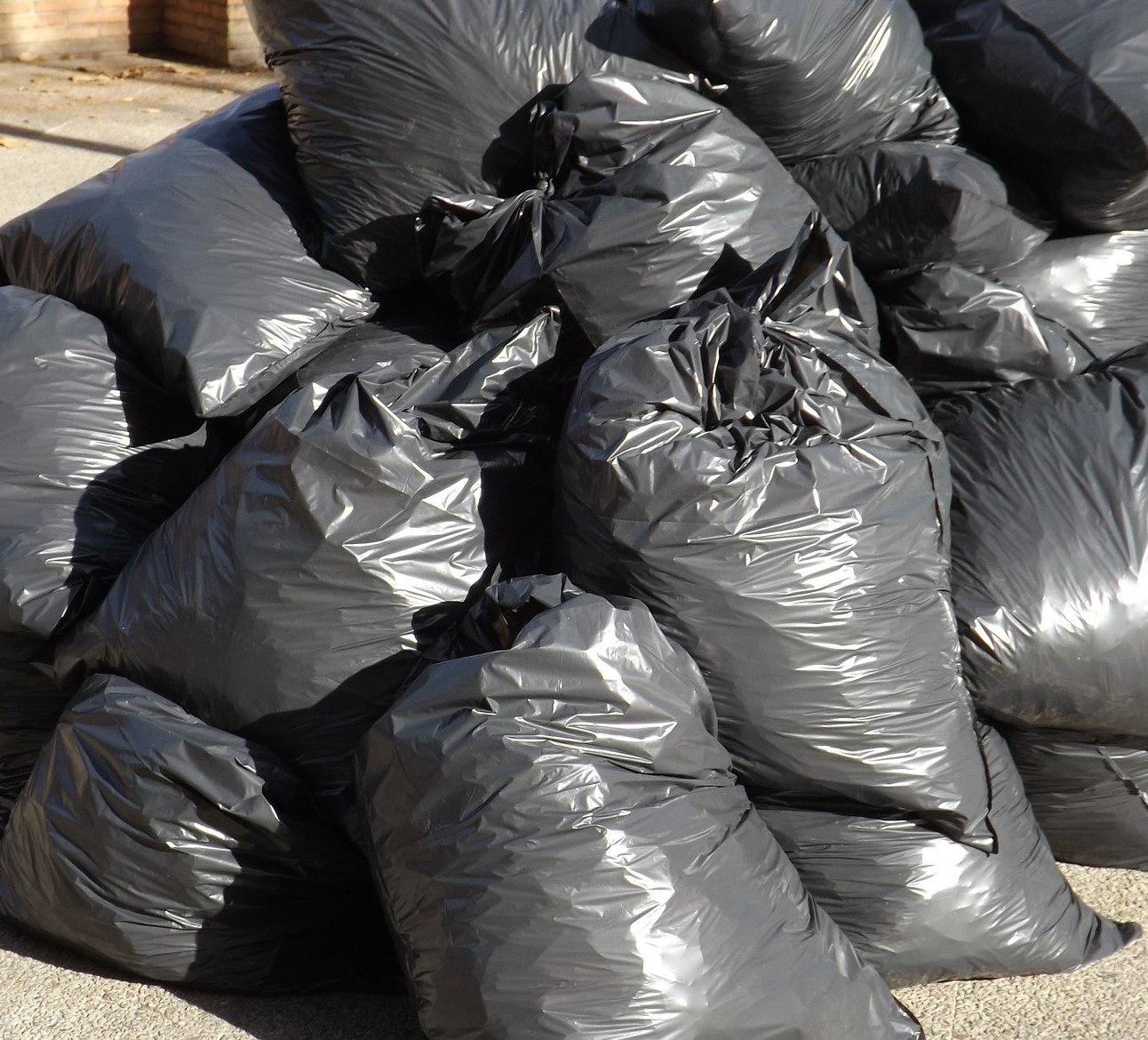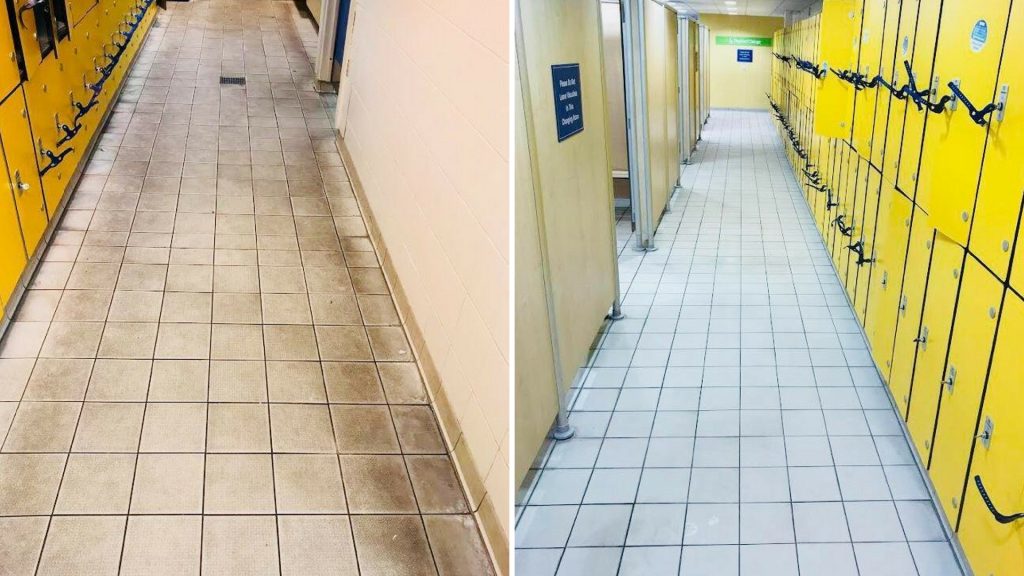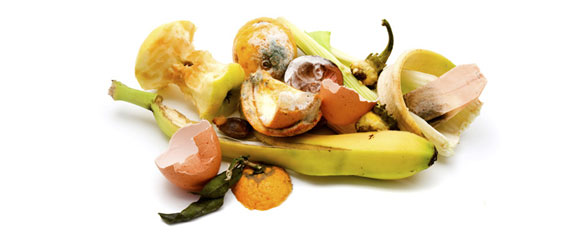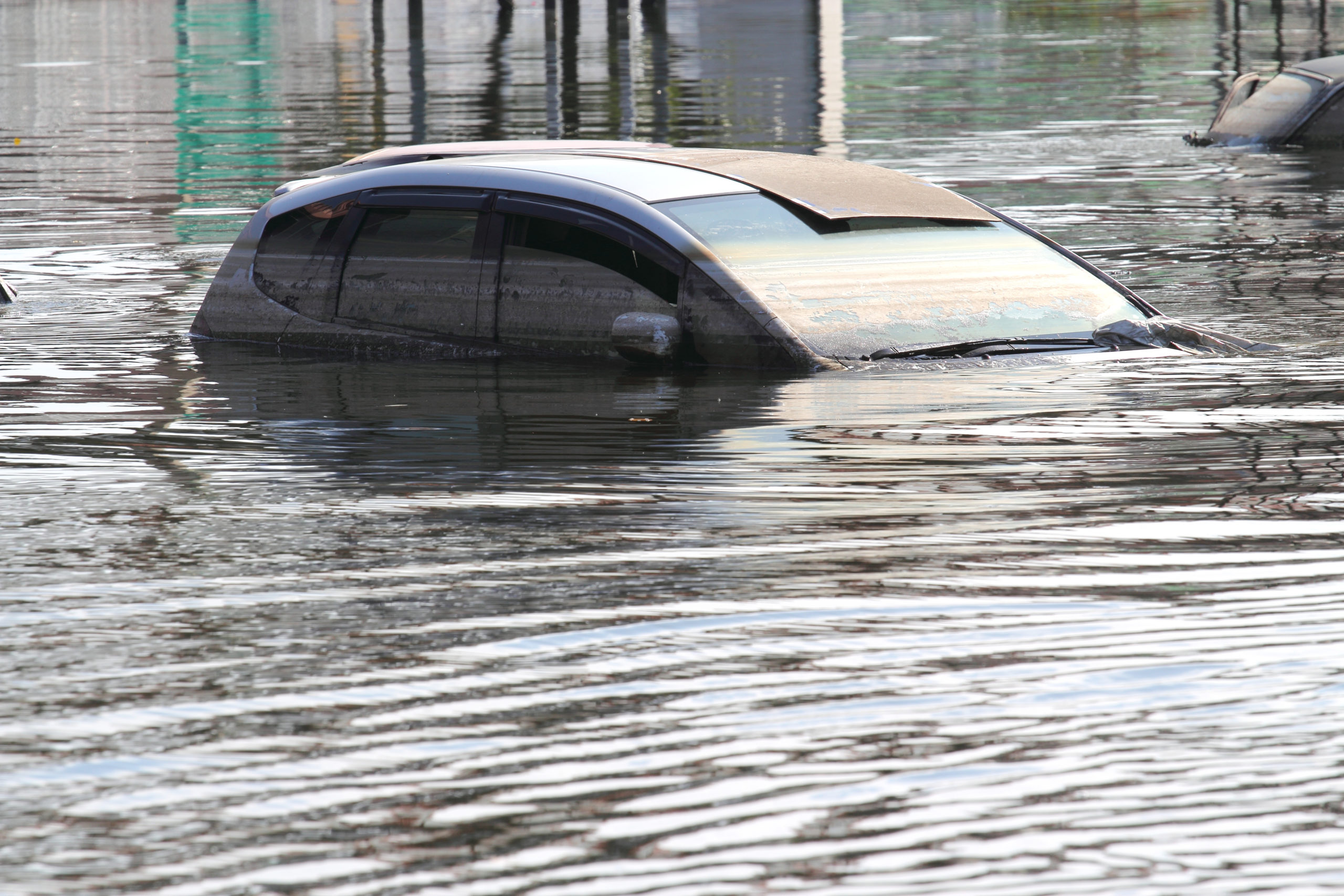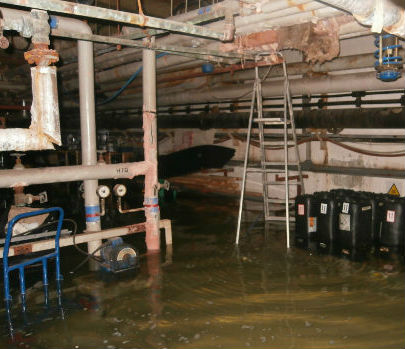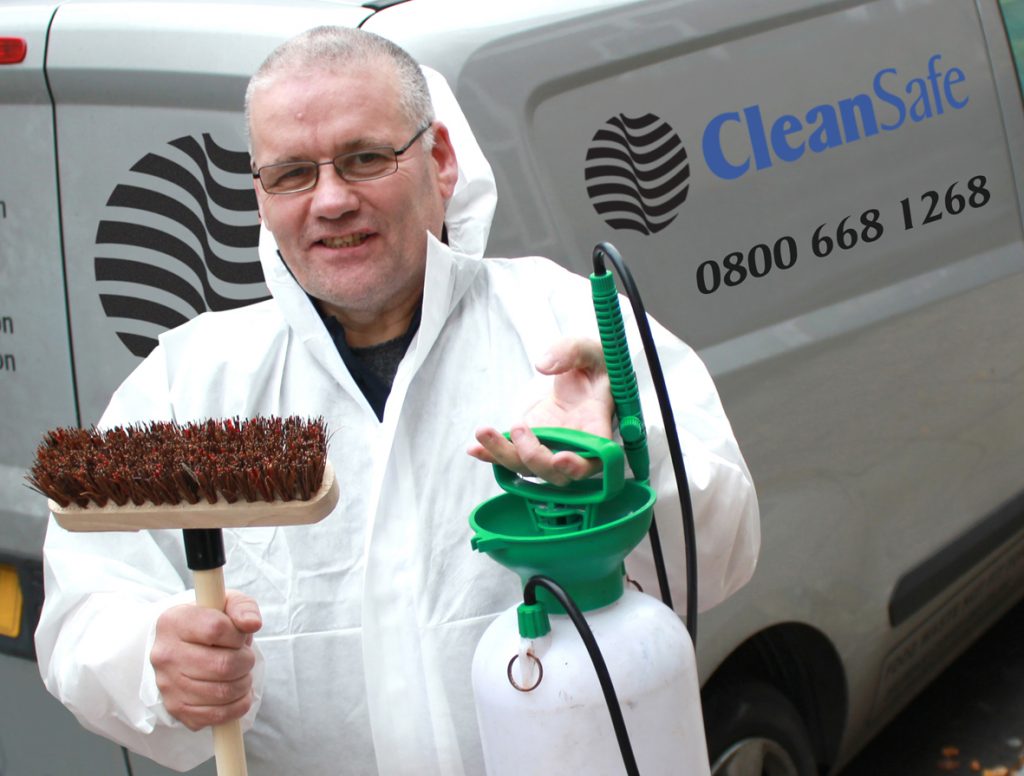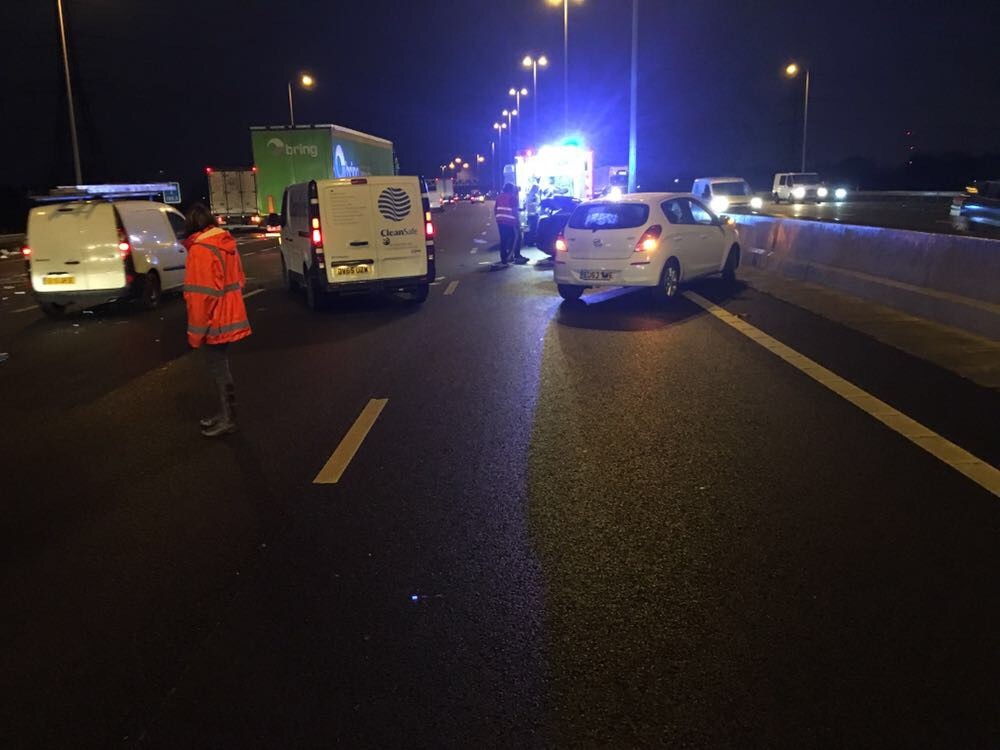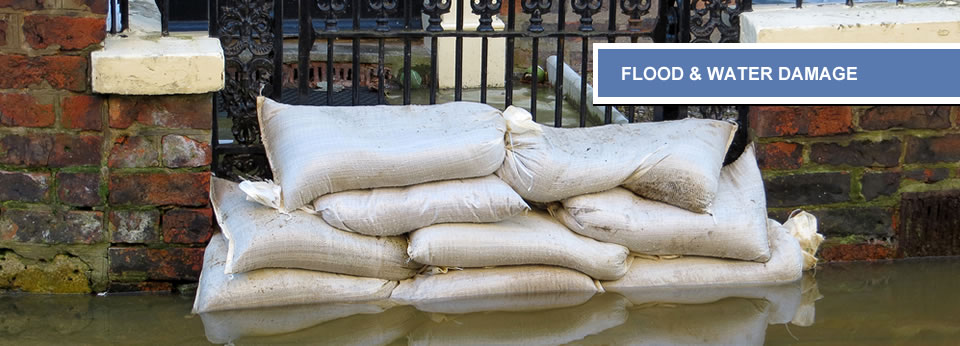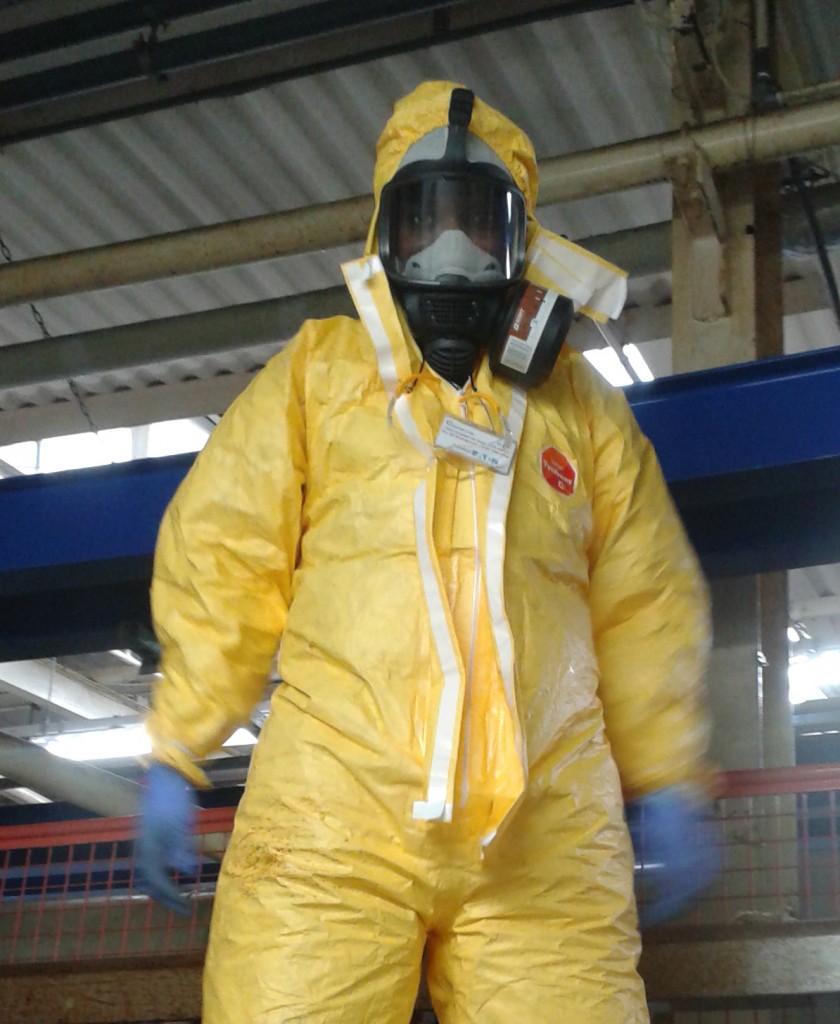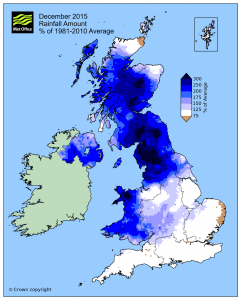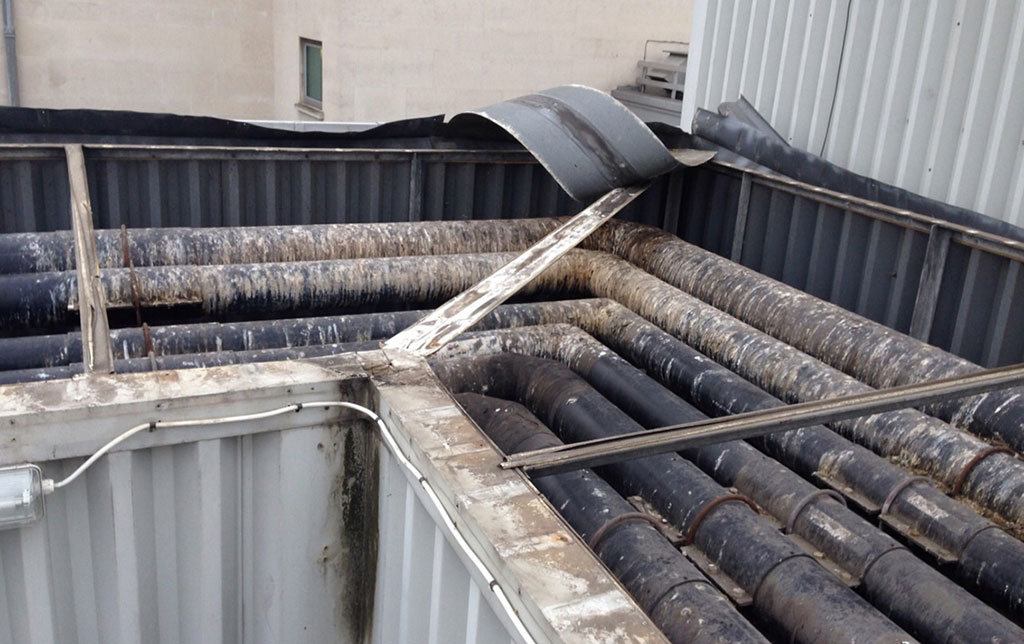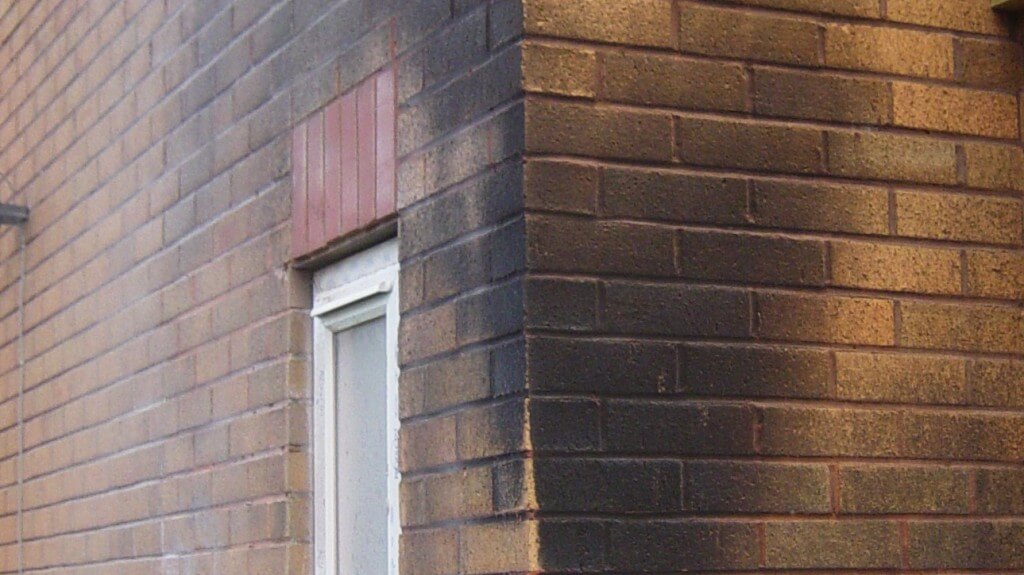If you’ve noticed numbers of large ants with wings, be prepared for a swarm.
Flying ants usually suddenly appear in their many millions in July – but heavy rain followed by hot and humid weather may trigger early swarms in 2018.
But PestSafe Services Technical Director Gulliver Hill says there are typically several days when millions of flying ants will take to the air in search of a mate.
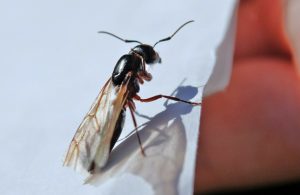
He said: “Swarming is a natural phenomenon. The ants appear so suddenly that a myth has developed that there is such a thing as a Flying Ant Day.
“However, the flights actually happen over a period of weeks. The sheer number of flying ants all over the UK is what makes people notice of them. Flying ants are harmless, but they can be annoying.”
Ant chaos at Wimbledon
Flying ants caused chaos at Wimbledon in 2017. On 5 July, players battling to secure a place in the third round were forced to swat flying ants with their racquets. Umpire Kader Nouni was also seen removing flying ants from his beard.
Flying ant swarms are a favourite food of seagulls who will risk being hit by cars to snack on them. There is some suggestion that formic acid released by the ants affects the seagulls’ ability to fly but this is not proven.
Why are ants flying?
Ants from the species Lasius niger grow wings once a year when they are ready to reproduce. Then female queens start flying on what is called their ‘nuptial flight’, seeking a mate.
The queens mate with multiple males before landing, biting off their own wings, and forming a new ant colony of their own.
Colonies typically have one queen and 5,000 to 15,000 workers. Lasius niger queens can live for an astonishing 10 years. However, the male worker ants die a day or two after they have mated.
Queens can store sperm in their abdomens for a lifetime and use it to fertilise millions of eggs.
Why are they flying early?
Ants are thought to fly when a spell of wet weather is followed closely by hot humid weather such as Britain is currently experiencing. Queen ants take this as a signal to seek males to mate with. Swarming is triggered by temperature and ants don’t fly during cold weather.
What can be done about them?
Gulliver Hill said: “Ants are attracted to food and sweets, which they will try to carry home to their nests. Make sure all food waste is covered so your premises don’t look inviting to a flying queen ant looking for a new site for a colony.
“Domestic householders who live near an ants’ nest should make sure no food is left out on counters. Food in cupboards should also be in sealed containers.
“Ants aren’t necessarily a health problem but they do walk through a number of sites that may be contaminated in the course of their daily search for food.
“Nearby nests will cause complaints in commercial and domestic premises because of the large numbers of ants that will appear. They really do cause infestations.
“But no matter which species of ant infestation you have, we are able to track down the site of the nest and get rid of the ants. We will use baits or insecticide to deal with the problem quickly and safely.”


